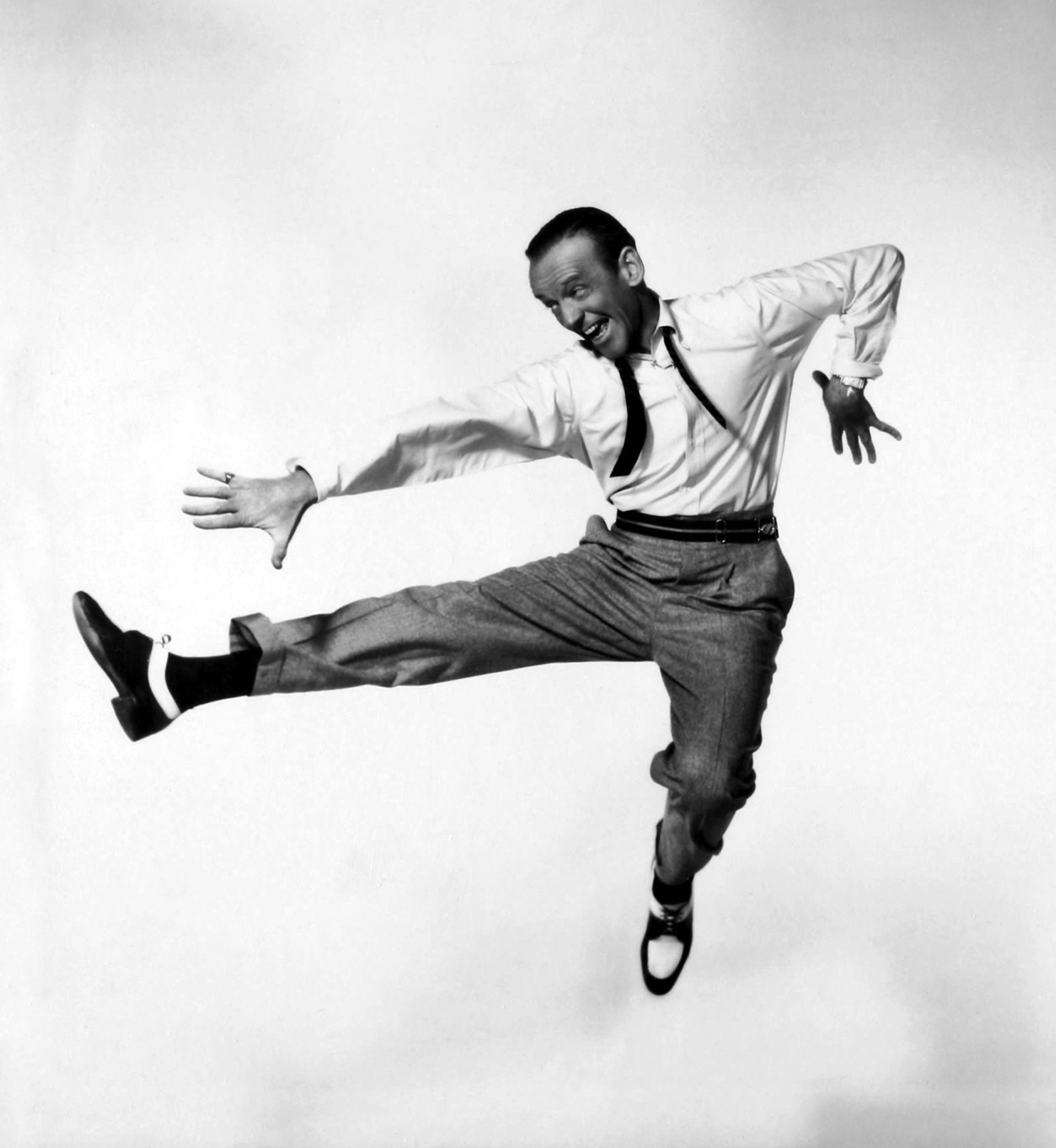Happiness is a relatively easy term to define in the traditional, formal sense. Merriam-Webster's online dictionary offers up the "full definition" as:
"a : a state of well-being and contentment : joy
b : a pleasurable or satisfying experience"
This formal definition reaches quite simply for something that most of us have been searching for in some way our entire lives. We tend to see "happiness" as being something elusive. This idea is evidenced in the writings of the Founding Fathers, the architects of the Constitution, who believed that each individual is entitled to the "pursuit of happiness." That is not to say that each individual will achieve happiness, it just says that each is entitled to take part in that journey. Whether one will ever find happiness that is an entirely different question.
At least this is the narrative that we are told (sometimes sold) everyday. We have to go out and pursue happiness. Find happiness. Wherever is may be. The only problem with this idea is that is presupposes that happiness is not where we are currently. We need to do something, go somewhere, or buy something to make happiness happen. And so, what do we do? We go on the expensive vacation, we buy the next widget, we search for the new en vogue philosophy/diet/trend in hopes that we will somehow teleport ourselves to a magical place of happiness. Then, when we get through that period, and still feel unfulfilled, underdeveloped, and unhappy, we feel more lost than ever. We pull out our road map, and try to reorient ourselves. Where is happiness again?
Nowhere along the line do we stop to consider the idea of "contentment," which is a crucial element not only in the formal definition of "happiness," but also in how we should define it in our lives. As you are reading this, I bet you're thinking about the term "contentment" in a somewhat negative light. You may be reasoning along the lines that if you're content, then you're comfortable, and if you're comfortable, well then, you're not growing. Increasingly in today's society we look at contentment as being this negative thing. Of course, that could not be further from the truth.
So, what do we end up doing. Well, most folks subtract out contentment from the equation. They say, "I don't want to be content, I don't want to be comfortable." Automatically, people put themselves at a disadvantage, because unless you achieve some modicum of contentment, then you will not be able to achieve any kind of real and lasting happiness. Contentment, gratitude, and well-being have to be part of the equation.
Why are we so uncomfortable with contentment then? Why are we so apt to leave it out of the equation? Well, as considered in an earlier post, we are living in a consumptive world. We are living in a time when we are driven to consume at every turn through commercials, ads, billboards, etc. These are designed to keep us thirsting, desiring, yearning, for the new, next, bigger, better thing! Act now! Buy now! As such, we never reach a point of satiation. Contentment. A place of peace and well-being.
So, we have to stop and rewire ourselves internally to think differently. A big part of that can be learning to be more appreciative and contented with what we have, and the folks around us, despite their flaws. If you can learn to appreciate and be grateful for what you have, well, you can be more contented. And, if you're more contented, you can "find" your way to happiness, but in many cases, you'll probably see that you are happier and more fulfilled than you realize. You just have to wake up and see it. Happiness doesn't have to feel like this thing that is constantly slipping through your hands, desperately trying to hold onto or grasp. It is there, even in the smallest things, or smallest quantities, you just have to train yourself to see it.

No comments:
Post a Comment